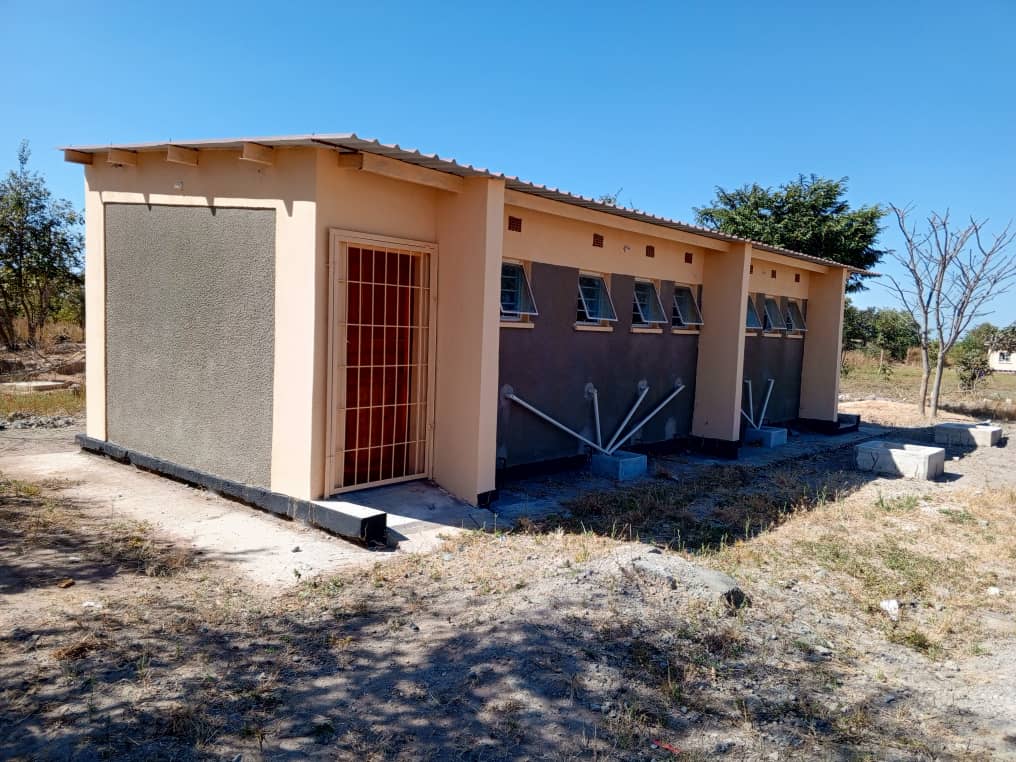The Government of the Republic of Zambia through the Zambia Education Enhancement Project Additional Finance with support from the World Bank has completed validation of sites for construction of 120 secondary schools across the country.
The project started with an initial United States $60 million over a five-year period from 2017 – 2022, during which time a total of 82 secondary schools were constructed in seven provinces; Central, Eastern, Luapula, Lusaka, Muchinga, Northern, and the Southern Provinces.
At the end of the first phase of phase one of the project in 2022, there was still a need for more schools in response to the Free Education Policy of the government announced in 2021 which saw a lot of learners going back to school and therefore compounding the challenge of space. The Government of the Republic of Zambia therefore secured an additional financing (AF) loan of US$120 million for the construction of a further 120 Secondary schools in 89 districts in all the ten provinces of the country.
The ZEEP AF project development objective (PDO) therefore is to improve the quality of teaching and learning conditions in targeted primary and secondary schools. Key to this objective is increasing access to safe secondary schools.
To achieve this objective, the Government of the Republic of Zambia through the ZEEP AF rolled out a robust programme in which 120 secondary schools are being constructed in the country in all the ten provinces of the country.
The process involves the identification and validation of sites. All the 120 Secondary school sites have been validated in the 89 districts across the entire country. The construction of these schools should be guided by Environmental and Social Management Plans (ESMPs), a requirement by the World. This is because construction works has an effect on the environment, people’s health, and social life in school communities earmarked for construction. During construction, the ecosystem and cultural heritage may be disturbed in some places as trees will be cut down and cleared to pave the way for construction. Quarrying of sand and stone for construction leave gullies, effectively deforming the land.
These gullies and burrows pose the risk of pupils drowning should they accumulate water during the rainy season. There is also potential for the occurrence of vices such as gender-based violence (GBV), Sexual exploitation and abuse (SEA), sexual harassment, and, labour disputes. According to the World Bank guidelines, management of these, and many other related problems and challenges, requires that ESMPs are developed as a mitigation plan during construction. ESMPs therefore specify mitigation and management measures ZEEP AF has committed itself to follow during construction of the 120 Secondary Schools across the country.
Therefore, out of the 120 schools, ESMPs have been developed for the first 73 schools and have since been disclosed, while the ESMPs for the other 45 schools are at the approval stage.
These Schools consist of 95-day schools, each one costing ZMK19.97 million, and 25 weekly boarding schools, each one at a cost of ZMK23.6 million. The package of these schools is generally the same, a 1 x 3 Classroom Block, 1 x 3 Science Laboratory, 1 x 2 Home Economics and Technology Block, 1 x 2 Sick Bay, School Hall, Sports Hall, Library, and Administration Block.
The Community Mode of construction is being used in which members of the community are the ones involved in construction while the government through the ZEEP AF is responsible for project financing, management, coordination, supervision, monitoring and evaluation, and, communication.
As part of the project package, pre-construction training was conducted in all ten provinces where communities from validated schools were organised into groups. These training sessions were conducted in 8 provinces; Central, Eastern, Luapula, Lusaka, Muchinga, Northern, North Western, and Western in quarters one and two of 2024. The communities were trained in among many other competencies; public construction, financial management, accounts and accountable documents, procurements, stores management, and environmental management.


